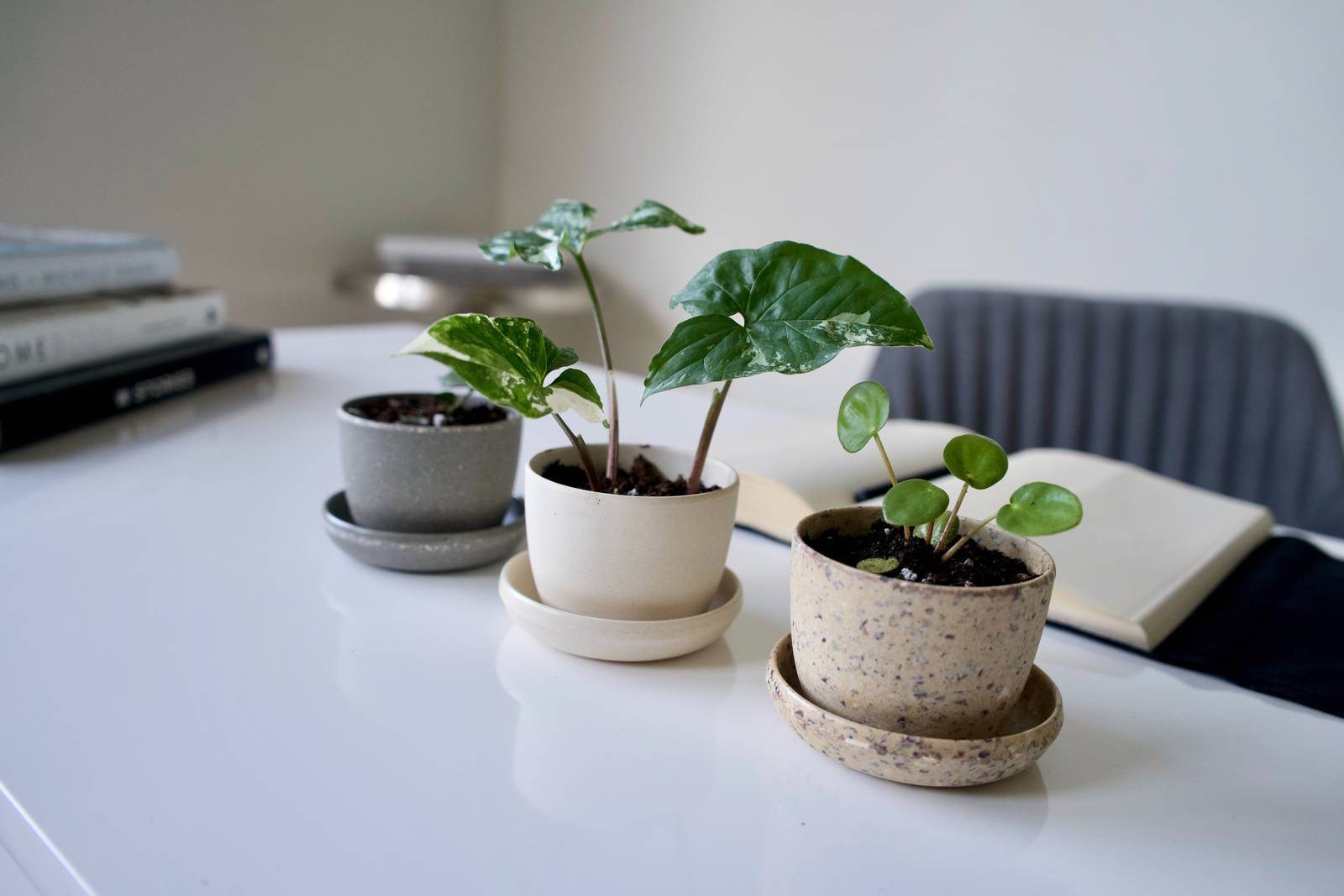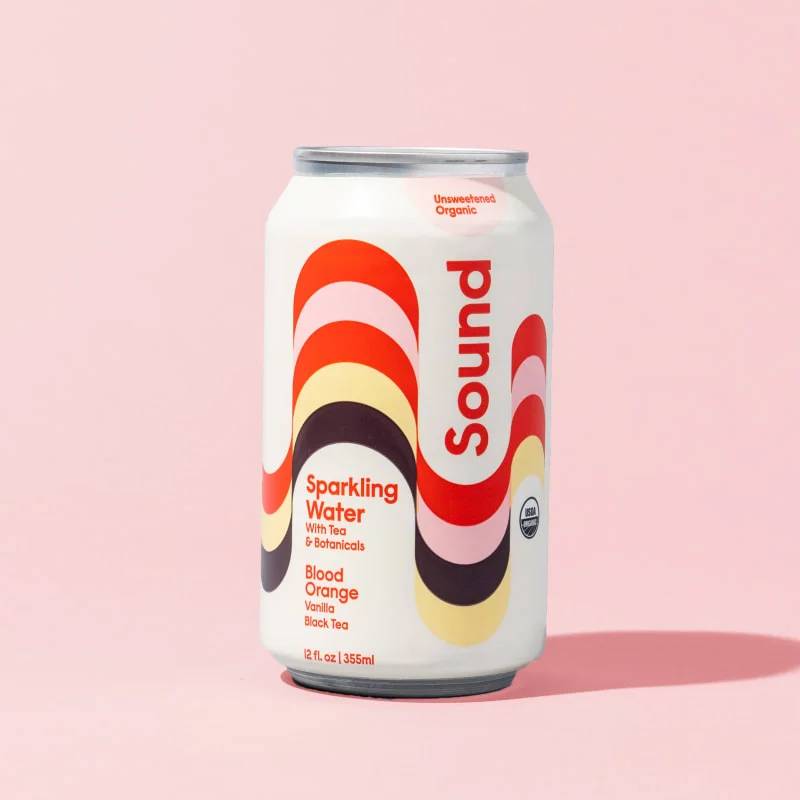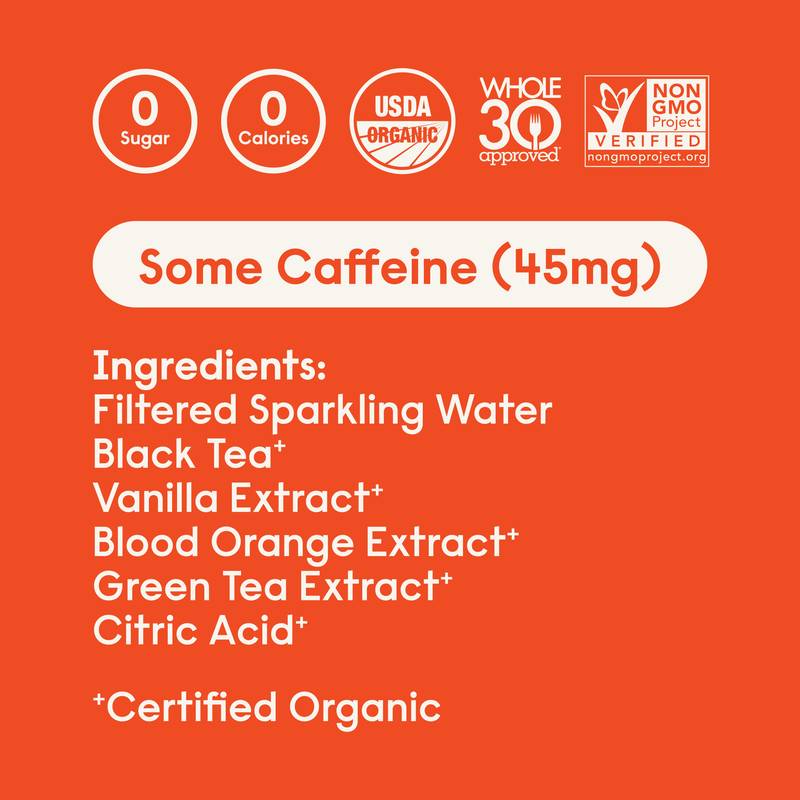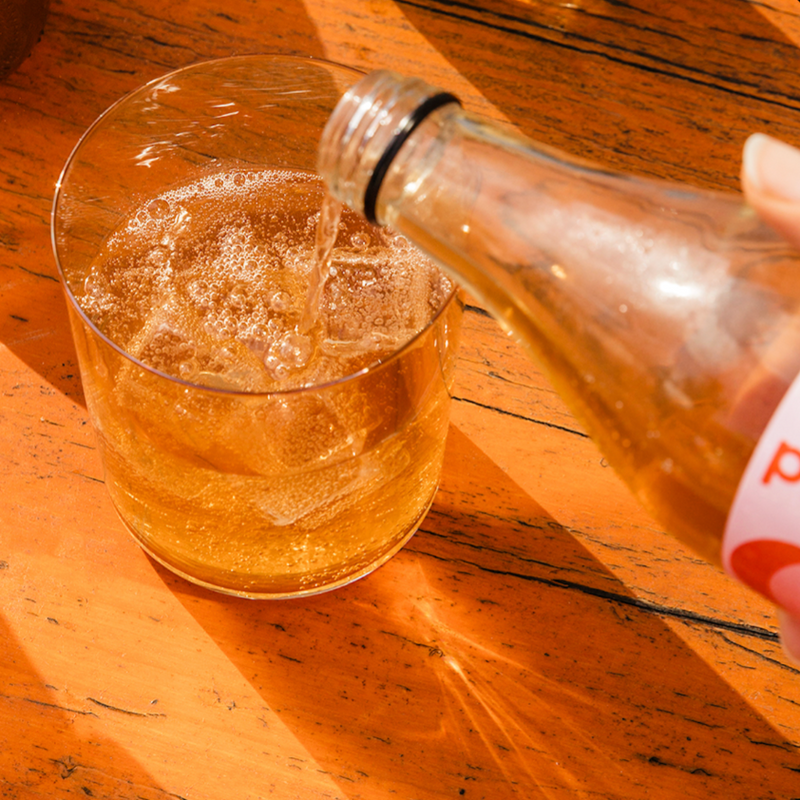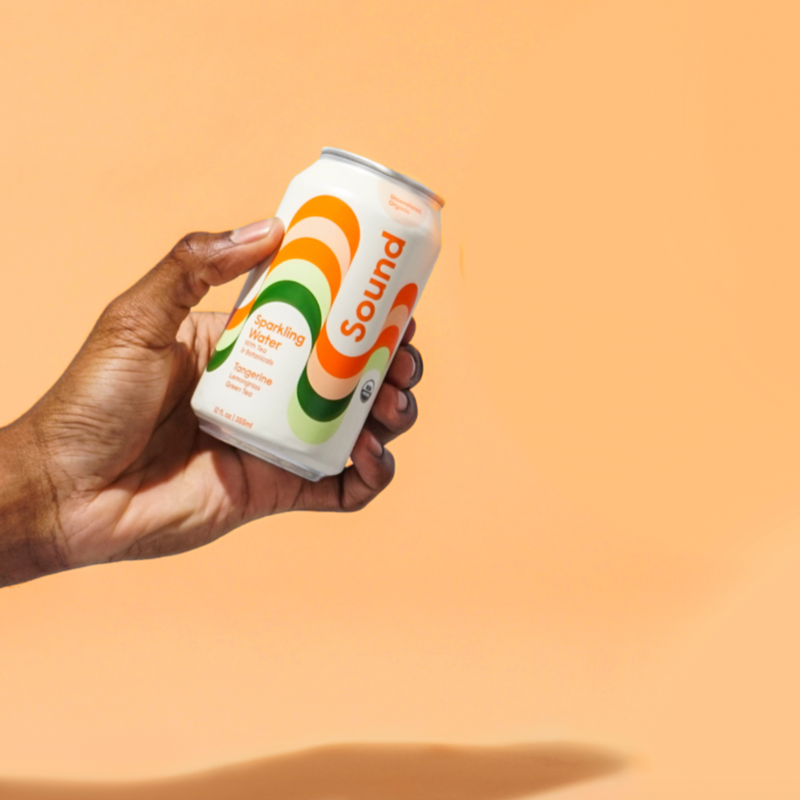Studies show that spending just 15 minutes outside reduces stress and boosts mood. Being in nature has even been shown to reduce blood pressure and levels of cortisol, a stress hormone.
If you can get outside for 15 minutes at least once or twice a day, that’s amazing. But if you live in an area where you don’t have easy access to the outdoors or your schedule just doesn’t allow for it, houseplants can give you many of the same benefits!
Below are a few perks of incorporating some green into your home:
1. Reduced stress and improved mood. Interacting with your plants (e.g touching or smelling them) can help reduce feelings of stress and anxiety. We also learned that soil actually has microbes adorably called “outdoorphins” which help improve our mood (nature is pretty cool, right?!).
2. Can support a healthy brain. Simply having plants in your work environment can encourage creativity, innovative thinking and problem solving according to this study. Including plants in your workspace has even been shown to increase productivity and improve memory! One study found that when offices added plants into their space, they saw a 15% improvement in productivity among employees. Of course, part of this benefit may be that employees feel cared for but we believe that you adding greenery into your own space can have the same result!
3. Can help with recovery. Horticultural therapy uses nature, inclusive of gardening, to aid in recovery. Both taking care of plants and the physical presence of them has been suggested to aid in recovery and healing. In facts, hospitals even as far back as the Middle Ages incorporated gardens as a piece of the healing process! A 2016 study compared two surgical wards: ward A with plants and ward B without. According to the study, those residing in ward A had shorter post-operative stays, and reported less pain & stress. Not only that, but patients in ward A mentally presented as more optimistic and “stronger [psychologically].”
